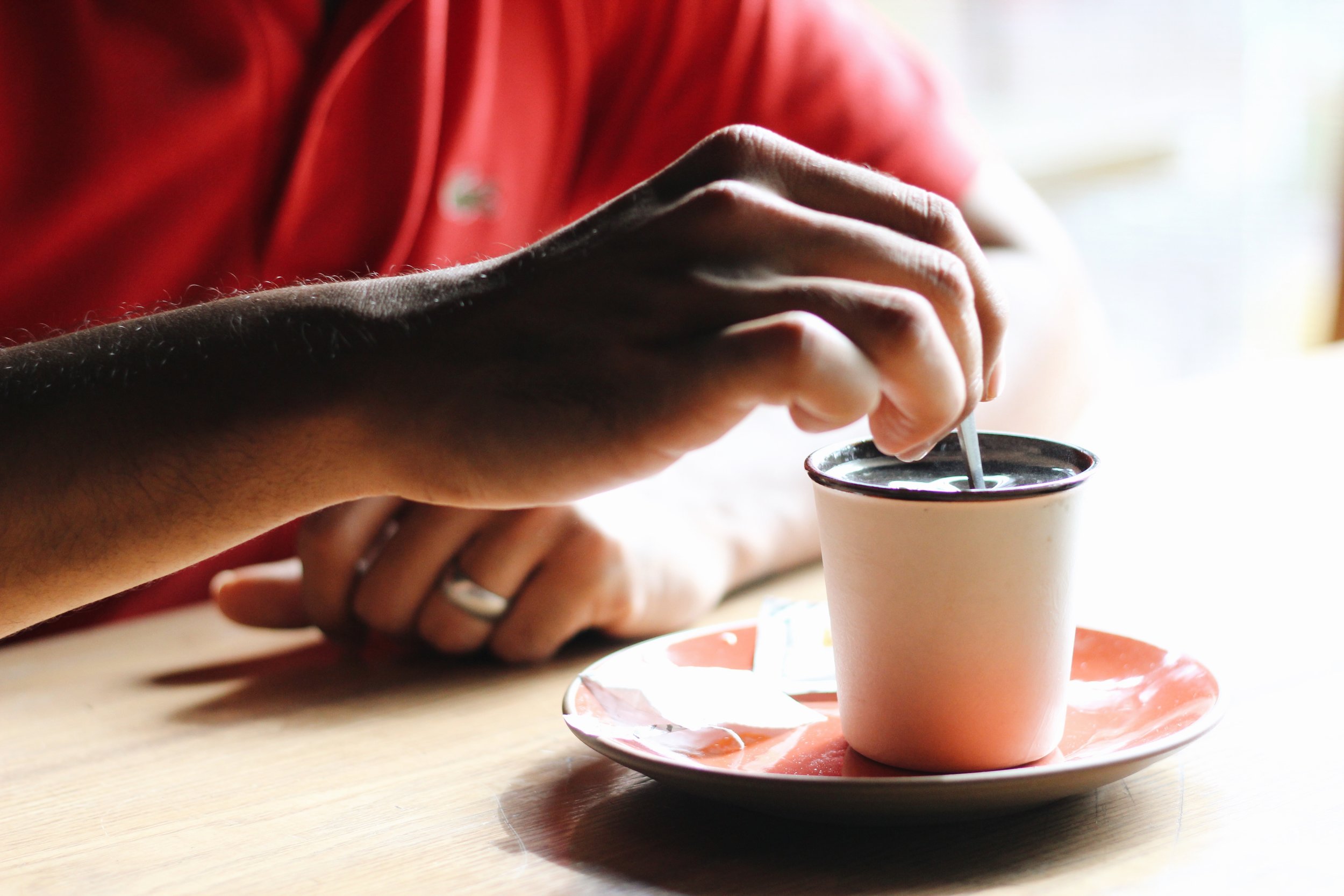It’s the second day of the week.
So, you’re probably pushing deadlines, dealing with snarky colleagues and straight up avoiding your boss, all the while contemplating sending that resignation letter that’s been lying in drafts for the last year and a half.
Or you’re the type that’s pursuing their passion, with the most life-affirming Instagram account, surrounded by your best friends, good vibes and puppies.
In any case, coffee is your best friend—whether it’s to stay up all night contemplating the positive energy of the moon or working on a nasty report. And we’ve got your back.
And thus begins a glorious photo essay.
We've French Press brewing going on at ours, and it is the perfect fuel for all things life.
But, you have a coffee dispenser at work so what’s the big deal with French Press anyway?
Glad you asked.
Quick Fact
For the un-caffeinated, the French Press is a coffee brewing device patented by Italian designer Attilio Calimani in 1929.
Other not-so-easy-to-pronounce names that it is known by are cafetière and сafetière à piston. There’s also the not-so-inspiring names like press pot, coffee press and coffee plunger.
But we’ll just stick to French Press for now. Oui? Oooyeee!
Charge it, point it, zoom it, PRESS IT, snap it, work it, quick - consume it.
A Little Info
The French Press method for making coffee is a full-immersion method that allows the hot water to come in contact with the coarse-ground beans, without passing through a paper or bleached filter.
It uses a metal mesh filter, so the essential oils end up percolating into the brew. French Press also allows for steeping, resulting in a much more flavourful brew that also has a great texture.
Plus, antioxidants and all the healthy nutrients get retained too. Coffee tends to get a bad rap in the health department, but studies have shown that in small doses, coffee is actually pretty good for you.
(And no, ten shots of it before noon don’t count as small doses.)
The Beany Benefits
With this method, you're essentially getting the full taste of the coffee, all the flavours that you need to taste, the way you’re meant to.
The French Press helps maintain the right water temperature through the whole process too, which aids in extracting a rich and robust flavour from the coffee grounds. Dispensers tend to hit extreme temperatures, getting too hot and also cooling off too fast, so they only manage to maintain ideal temperatures for a small portion of the process.
Also, French Press brewing is more nature-friendly because you’re not using bleached filters and there’s absolutely no waste (your coffee grounds make for great fertilisers in your garden).
Give it up for our secret hand model.
Additionally, impurities that come from the manufacturing process and impurities that sometimes show up in drip machines are non-existent here.
Plus, you require fewer grounds to achieve a superior taste. And the French Press makes sure you don’t miss a single one, ensuring complete saturation. So much so that some coffee grounds end up in your coffee, adding to the charm of it all.
Sure. The flavour might be different from what you’re used to, but it’s definitely the good kind of different.
It’s all rather raw and quaint. The coffee aroma filling the air, essential oils floating on top, tiny bean particles in your mouth—what’s not to love?
If you’re going to be throwing back cups of caffeine through the week, you may as well do it right.




